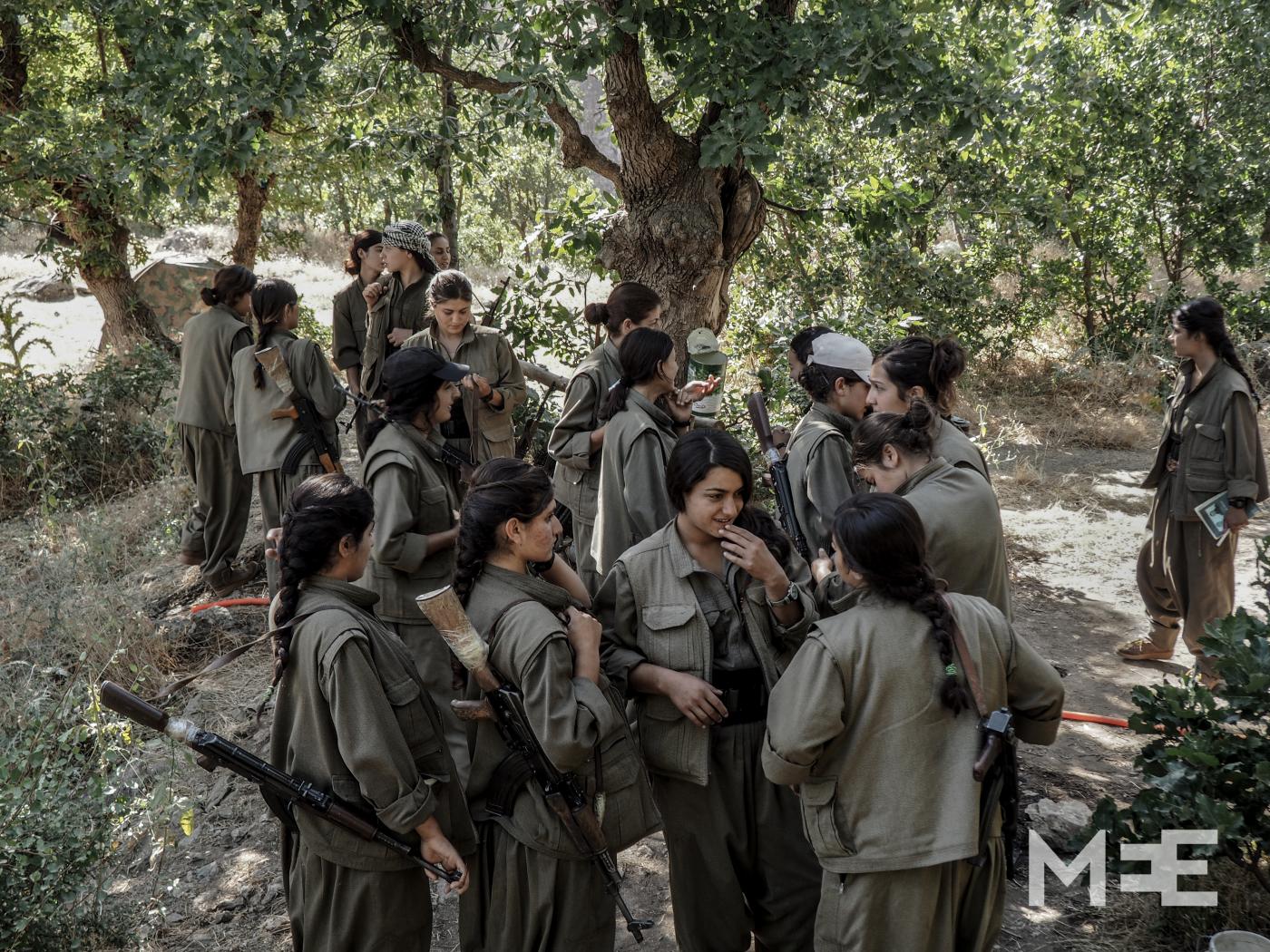Human Lives Human Rights: Human rights organizations unequivocally call for the immediate revocation of the Pakistan government’s ban on the Pashtun Tahaffuz Movement (PTM). The government’s use of anti-terrorism laws to target activists and peaceful protesters from minority groups is a serious violation of the fundamental rights to freedom of association and peaceful assembly.
The PTM is a grassroots organization advocating for the human rights of the Pashtun community, which has historically faced harassment and violence from state authorities. On October 6, 2024, the Pakistani government issued a notification placing the PTM on the ‘List of Proscribed Organizations’ under the Anti-Terrorism Act of 1997, just days before a significant gathering scheduled for October 11.
Babu Ram Pant, Amnesty International’s Deputy Regional Director for South Asia, criticized the designation of the PTM as a proscribed organization, asserting that it is part of a broader and systematic crackdown on peaceful demonstrations by dissenting groups. He highlighted the arbitrary nature of this action, emphasizing that the government’s longstanding repression of movements from marginalized regions often involves unlawful use of force, enforced disappearances, and restrictions on media coverage of protests.
The Pakistani government must urgently halt the criminalization of peaceful protests and assembly. The recent designation of the PTM under anti-terrorism laws not only endangers the movement’s activists but also undermines the principles of justice and civil liberties in the country.
Concerns over Anti-Terrorism Laws
The Anti-Terrorism Act grants the government expansive powers to categorize any group as proscribed based on information from presumed credible sources. However, the Pakistani authorities have not provided substantial evidence regarding the PTM’s designation. Remarkably, decisions can be made without a hearing or representation from those affected, negating due process rights.
Recent reports indicate that at least 137 individuals have been wrongly labeled as ‘prescribed persons’ under the Anti-Terrorism Act, including many PTM activists and members of the Baloch Yakjehti Committee (BYC), further mischaracterizing them as supposed militants. Those on this list confirm they were not afforded any opportunity to contest their designation, leading to significant restrictions on their rights, including privacy, freedom of movement, and the right to assemble peacefully.
Use of Force and Arbitrary Detentions
The government’s ban coincides with the upcoming Pashtun Qaumi Jirga (Pashtoon National Court) gathering, purportedly due to concerns over activities that may threaten national peace and security. Authorities recently used tear gas and firearms to disperse a peaceful protest camp in Jamrud, Khyber district, resulting in nearly 100 PTM activists being arrested under the Maintenance of Public Order (MPO) Ordinance.
Additionally, 16 students from the University of Malakand were arrested while preparing to participate in the PTM gathering, facing charges ranging from obstructing a public official to criminal conspiracy.
The detention of PTM leader Ali Wazir continues to raise alarm, as he remains incarcerated despite his recent release on bail—he was arrested again immediately after leaving the jail despite a court ruling deeming his detention illegal under the MPO.
Call to Action
Human rights organizations urge the Pakistani authorities to honor the right to peaceful assembly and allow the Pashtun Qaumi Jirga to proceed without interference. They demand the immediate release of all PTM activists and supporters who have been arbitrarily detained and the cessation of all efforts to criminalize peaceful protest on ethnic grounds.
The Pakistani government must acknowledge the importance of safeguarding human rights and reinstating faith in its commitment to uphold civil liberties for all, especially marginalized groups like the Pashtuns.


















